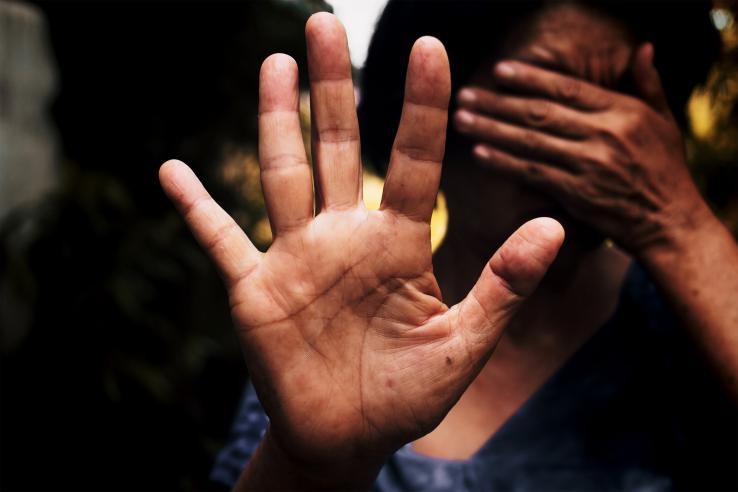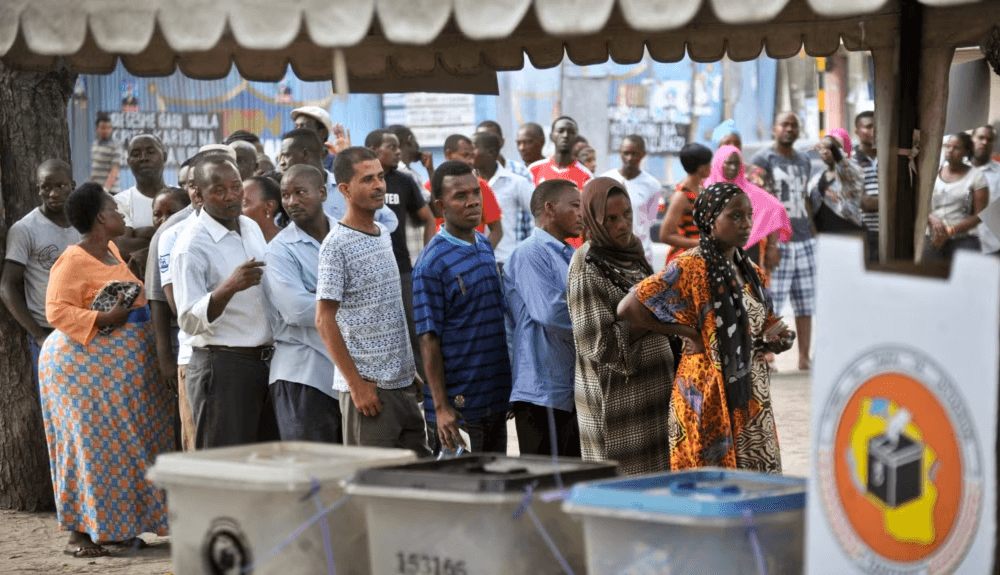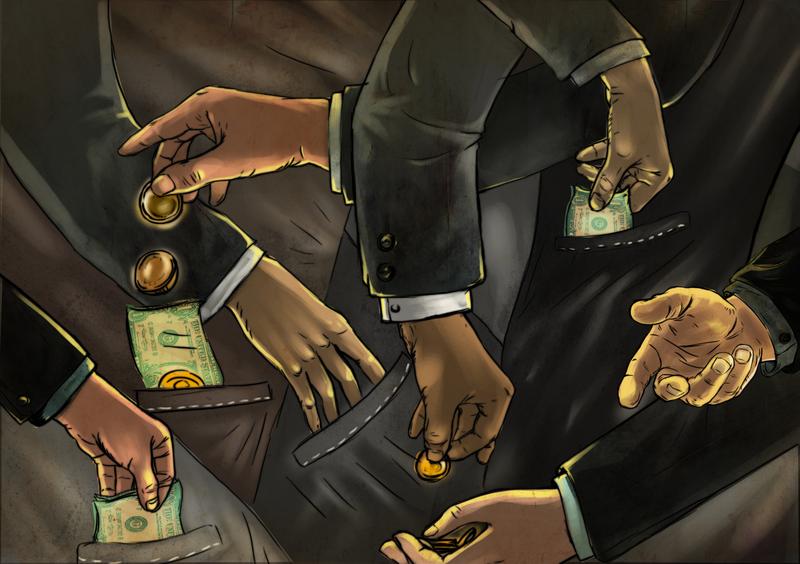Tanzania, a vibrant nation in East Africa, possesses a rich cultural heritage and diverse population. Unfortunately, like many countries across the globe, Tanzania faces the grim reality of violence, with men often being perceived as the primary perpetrators. We explore into the complex factors that contribute to this perception, shedding light on historical, socio-cultural, and systemic aspects that perpetuate gender-based violence. By understanding the root causes, we can work towards fostering a safer and more equitable society for all.
In the report of the Comptroller and Auditor General of Government Accounts (CAG) for the year 2021/22, it has been noted that in the past five years, these incidents have increased by 80 percent, with Dar es Salaam Region being the leader.
According to the data on violence in Tanzania in 2023 the prevalence of domestic violence against women in Tanzania is estimated to be between 40% and 60%. This means that one in every two or three women in Tanzania has experienced some form of domestic violence.
Almost 30% of girls in Tanzania experience sexual violence before the age of 18. This includes rape, sexual assault, and forced marriage but violence against children 87.9% of schoolchildren in Tanzania have experienced one or more forms of physical violence in their life. This includes corporal punishment, bullying, and sexual abuse.
These are just some of the data on violence in Tanzania in 2023. It is important to note that these data are based on surveys and reports, and the actual prevalence of violence may be higher. Violence is a serious problem in Tanzania, and it has a devastating impact on the lives of women, girls, and children. Embarking on a Journey of Discovery and exploring the underlying factors contributing to this phenomenon and shed light on potential solutions.
Historical Context
To understand the current situation, it is essential to consider Tanzania’s historical background. Traditional gender roles and patriarchal structures have long dominated society, with men occupying positions of power and authority. Colonialism also left its imprint, further solidifying the notion of male superiority. While Tanzania has made significant strides towards independence and gender equality, the remnants of these historical legacies continue to impact social norms and gender dynamics.
Jumanne Bariana, one of the esteemed leaders of the SMAUJATA Campaign dedicated to combatting violence, sheds light on a concerning historical practice. In the past, it was sadly commonplace for men to resort to physical violence against their wives as a form of warning when they perceived wrongdoing.
However, the landscape has evolved, and the situation has taken a distressing turn. People now inflict punishment on women through beatings, perpetuating a cycle of harm and injustice. This stark revelation underscores the urgent need for collective efforts to eradicate violence and cultivate a culture of respect and empathy.
“Old-fashioned methods in marriage in recent years are cruel, for example, in the past, a man used to beat his wife with the aim of teaching her, but now a man beats his wife to break her and no longer to teach her ,”
Socio-cultural Factors
One significant reason why men are considered the primary perpetrators of violence in Tanzania lies in societal norms and gender roles. Traditional gender expectations often define masculinity in terms of physical strength, dominance, and aggression. From an early age, boys are taught to suppress emotions and exhibit behaviors associated with toughness and control. This socialization process can inadvertently lead to the normalization of violence as a means to assert power and maintain societal hierarchies.
Economic factors
Economic factors also play a role in shaping the dynamics of violence in Tanzania. High levels of poverty and unemployment disproportionately affect men, leading to frustrations and feelings of powerlessness. In a society where men are traditionally expected to be the primary providers for their families, the inability to meet these expectations can result in a loss of self-esteem and a resort to violence as a way to regain a sense of control or assert their authority.
The Finscope 2023 study shows that among the 10 dependent Tanzanians who have no means of earning income, seven are women, where overall the level of dependent Tanzanians has increased by five percent compared to 2017.
Challenges in Law Enforcement and Justice System
The challenges within the law enforcement and justice system further contribute to the perception of men as the primary perpetrators of violence. Inadequate training, corruption, and limited resources hinder effective response and prosecution of perpetrators. This, in turn, perpetuates a culture of impunity, where perpetrators feel emboldened to continue their violent behavior. Strengthening the criminal justice system, improving access to justice for all, and promoting accountability are essential steps towards curbing violence and ensuring justice for victims.
What should be done?
In a compelling appeal, Robert Lwiza, a distinguished psychologist and lecturer hailing from the renowned University of Iringa Faculty of Psychology, urges the community to relinquish the notion that violence is primarily associated with men. Instead, he advocates for a transformative belief that transcends gender boundaries, recognizing that anyone, irrespective of their gender, can grapple with mental health challenges that might lead them to commit such acts.
“In solving this problem, what we have to do is to find a good way to solve mental health problems for all people, regardless of gender,” said Mr. Lwiza
In a resounding call to action, Gasto Alex Didas, the esteemed chairman of the Campaign against violence in the community, has been hailed as the “Hero of Development and Community Welfare Tanzania” (SMAUJATA). With unwavering determination, he emphasizes that the key to tackling incidents of violence lies in our unity and collective opposition to such actions, beginning with a single individual. Each one of us has the power to spark a transformative change and stand united against violence, ultimately fostering a safer and harmonious community.
“In this I just want to say that we cannot stop acts of violence in society without joining forces from the family level to the nation as a whole so that when an incident happens, everyone becomes the front line to protest and we will be able to completely eradicate violence in society.”
Tanzania’s struggle with violence, particularly gender-based violence, is a multi-faceted issue deeply rooted in historical, socio-cultural, and systemic factors. Overcoming these challenges requires concerted efforts from all segments of society, including government, civil society organizations, educational institutions, and individuals. By addressing traditional gender roles, promoting education and economic opportunities, strengthening the legal framework, and fostering awareness, Tanzania can pave the way for a society that respects and upholds the rights and dignity of all its citizens. Only through collective action can we dismantle the structures that perpetuate violence and create a safer, more equitable future for all Tanzanians.
Read more articles by Anania Kajuni




